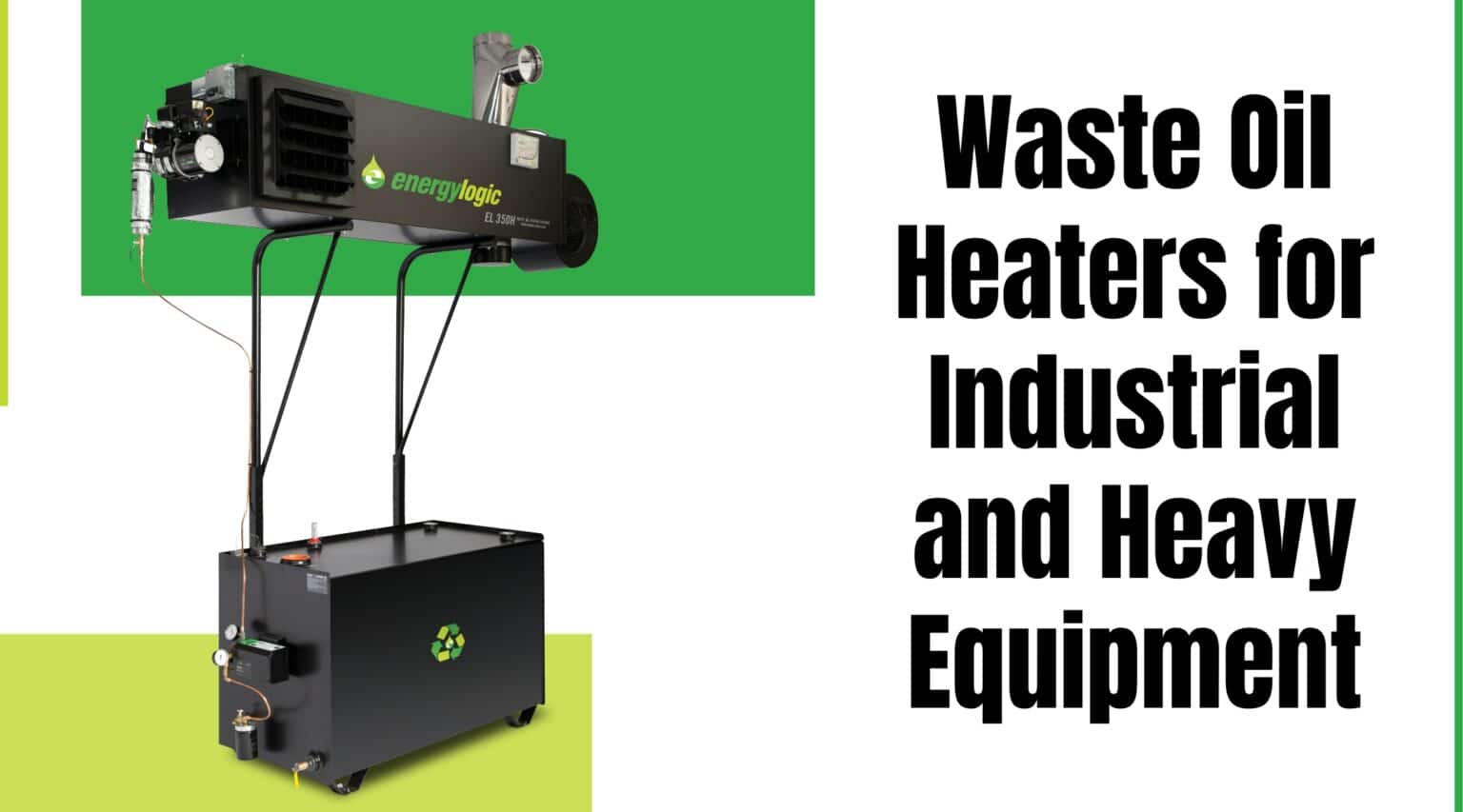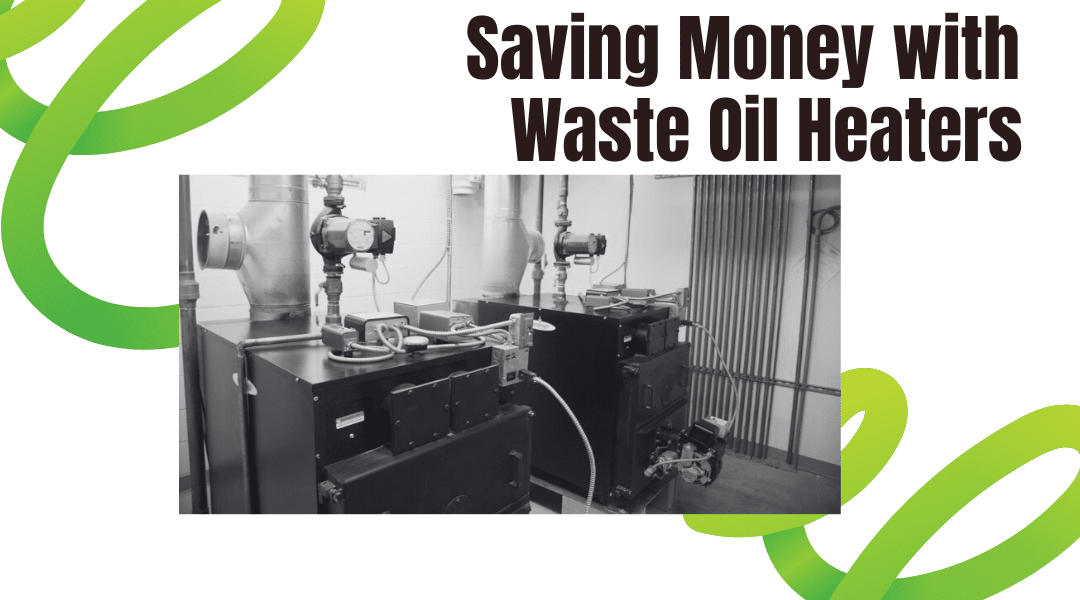Today’s Energy and Environment Concerns
Despite continued advances in renewable energy, waste reduction, and public awareness, our world still runs on oil, for now. We are transitioning to greener methods of providing energy to industry, infrastructure, and our every-day lives, but there is a long way to go before we completely step-away from fossil resources.
In the meantime, every little bit we can do helps. So how, with today’s front-and-center concerns of pollution and climate change, could burning used motor oil be considered environmentally friendly?
Improper Waste Oil Removal and Spillages Pose Bigger Risks

Improper waste oil removal and spillages are worse for the environment than burning waste oil.
This is especially true when considering that the improper disposal or dumping of waste oil continues to occur at an astonishing rate. Over 200 million gallons of used oil are improperly disposed of each year. That is enough waste oil irresponsibly entering U.S. soil and water each year to foul the fresh-water supply for 10 BILLION people (one and a half times the Earth’s population). That amount does not account for spillage elsewhere in the world. These rates tend to rise even further in areas without access to waste-oil collection facilities or where collectors charge a fee to remove used oil.
Less Purchase Demand for Waste Oil Collection
Still skeptical of waste oil as a green-heat solution? Let’s get a little deeper.
The United States Environmental Protection Agency publishes a list of recommended used-oil management and recycling approaches and conducts research on the effectiveness of these solutions. Collection and re-refinement of waste oil can be a very good option as it keeps waste oil out of landfills. However, as oil prices drop, so does the price a company is willing to pay to collect the waste oil. This increasingly means the automotive and aviation industries are having to pay to dispose of their waste oil. Additionally, the volume of used oil generated exceeds the capacity of these facilities. And as the maritime sector moves away from heavy fuels, market avenues for reprocessed waste oil becomes more narrow.
Increased Environmental Risks of Waste Oil Collection
The logistics and fuel consumption involved in waste-oil collection and transport also represent a factor to consider in the total efficiency of the process. There are risks involved in transferring and trucking waste oil, as those stages account for the greatest incident of oil spills.
Burning waste oil for heat reduces the environmental impact of trucks collecting and potentially spilling used oil.
Waste Oil Heaters Replace Other Fuel Sources
In addition to providing an alternative to the limitations of aggregate waste-oil collection, burning used oil on-site for heat has another huge benefit: replacing other fuel-energy sources.
Heating with waste oil reduces the need for other heat sources like natural gas, electricity, and propane, directly saving the recycler money on heating bills while offsetting the demand for those fuels in the energy markets. This reduces strain on pipelines, power-plants, as well as tanker trucks and shipping routes. Take all of these points together and on-site waste-oil recycling begins to reveal quite a tidy carbon footprint.

Responsible Waste Oil Heating Solutions
But it’s important to approach waste-oil heating responsibly in order to ensure the most valuable results for your energy costs and environmental impact. DIY waste-oil burners like the one’s seen in internet videos can be extremely inefficient and even dangerous.
Modern waste-oil furnaces are capable of completely combusting used oil, minimizing exhaust gasses to levels similar to a single Diesel truck, while separating non-combustible compounds and ash into a collection chamber for safe, easy disposal. Decades of technological and manufacturing developments contribute to properly containing and delivering used oil as fuel while optimizing the conditions of a clean burn.
One waste-oil heater can take two energy supply chains out of the equation, reducing pollution while putting money back into your business.




